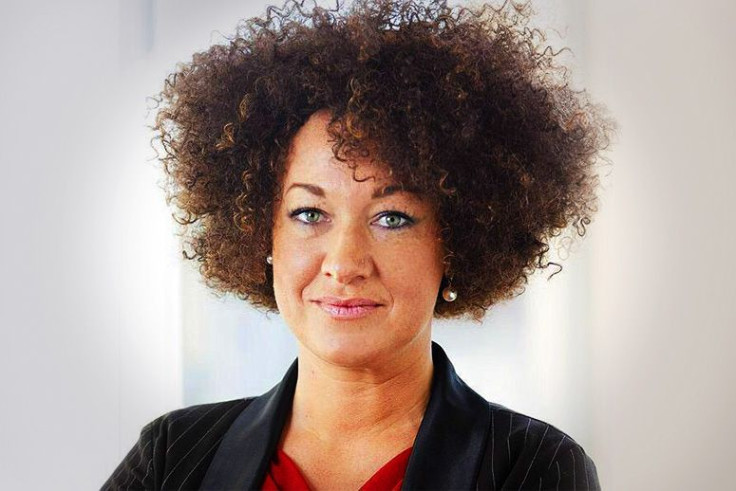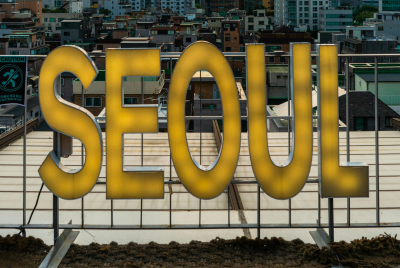White man identifies as Filipino: Here's why you can be transgender but can't be 'transracial'
Ja Du, born Adam, claims he is 'transracial'.

A white man from Florida has claimed that is "transracial" and identifies as a Filipino person, reigniting the debate around whether it is acceptable to live your life as a member of another ethnic group.
Ja Du, a man of European descent who was born 'Adam', told WTSP: "Whenever I'm around the [Filipino] music, around the food, I feel like I'm in my own skin."
He added that he would watch the History Channel for hours, and "nothing else intrigued me more but things about Filipino culture".
But is it acceptable or possible to swap races? This question first came to mainstream prominence in 2015, when Rachel Dolezal, the then-head of the Spokane, Washington chapter of the National Association of the Advancement of Colored People (NAACP), was revealed to be a white woman posing as African-American.
She too claimed to be "transracial", equating her position with being transgender, and was widely condemned.
So, why is being transgender acceptable but being transracial isn't? The fundamental difference comes down to the fact that a person's features, such as their skin colour and hair type, are traits inherited from their parents. These are then used to ascribe their race or ethnicity. The rigid idea of race is a medieval European notion invented in order to justify subjugating other populations. As philosopher Frantz Fanon once noted, he did not realise he was "black" until he encountered racial prejudice at the hands of white people.
In contrast, a person's gender is assigned to them when they are born according to their biological sex. Someone who is transgender feels their gender identity doesn't align with what they are ascribed at birth. For instance, someone with a penis is generally raised as a boy. If this person identifies more with being a woman, they may come out as a trans woman.
On top of that, "transracial" was originally an academic term used to describe a child adopted by a family of a different race, not those who chose to identify with an ethnicity not their own.

Ellie Freeman, a transracial person in the academic sense, was born in Korea and adopted and raised by white Australian parents. She commented in an article for Media Diversified in 2015 that her upbringing isn't comparable to a person "feeling" black, as Rachel Dolezal described her condition.
"The politics of race and gender are not interchangeable in this context," she explained. "Unlike many black Americans, Rachel's family background does not carry the trauma of slavery and institutionalised racism.
"Unlike people who really are transracial, Rachel has not been physically torn between two cultures and denied intimate knowledge of her birth culture. Unlike people who are black and transracial adoptees, Rachel has not had to deal with both of these life-affecting experiences at the same time."
She went on to argue that while it is "normal" to be interested in cultures other than our own "if the people of that culture cannot pick and choose their own race – whether it's biologically or through shared history – then neither can you".
Trans people have also taken issue with being compared with people like Ja Du and Rachel Dolezal because it suggests that trans people are "choosing" to identify as another gender, whereas it is almost always involuntary, and that they are somehow deceiving others. And while a white person identifying as a black person can vacate that position if it is no longer beneficial to them, the same can't be said for trans people who get no political or financial gain from coming out and instead face discrimination and violence.






















